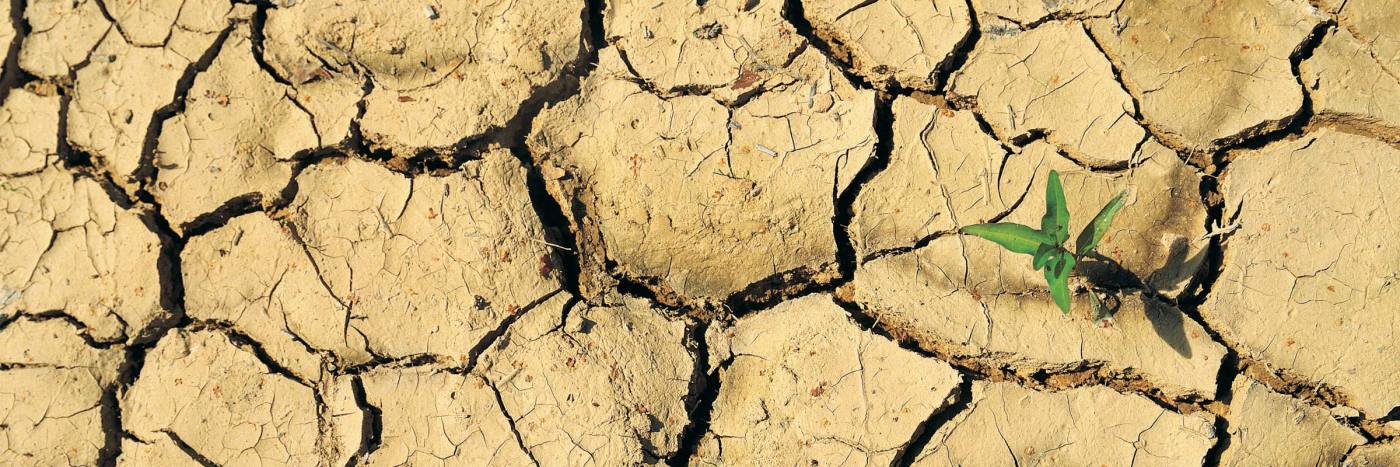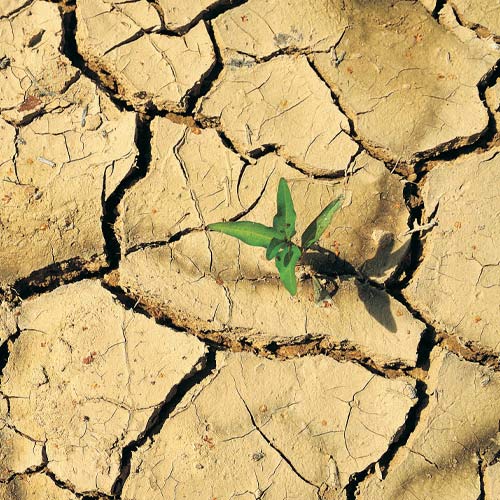The environmental change, adaptation and resilience challenge area seeks to reduce the vulnerability of social human infrastructure and biological systems to relatively sudden change. This requires us to understand our natural environment, anthropogenic interaction with the subsurface and environmental response, and to model associated change. To do this we will continue to research our groundwater, sea floor, coasts, soils and landscapes, and urban infrastructural interactions with the subsurface.
It is likely that climate change will continue to be a major societal problem and its effects will last many years, and adaptation will be necessary. Adaptation is especially important in developing countries since they are likely to bear the brunt of the effects of global warming. This challenge area aims to help with societal needs and protect our environment; our research is underpinned by excellent laboratories and science capabilities for the delivery of evidence-based science.
Find out more about our research
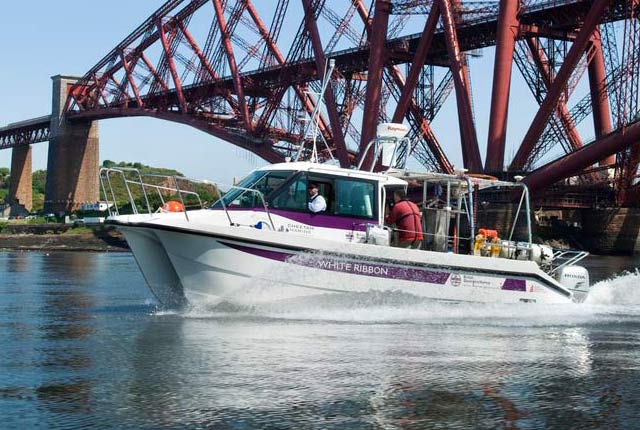
Sea floor: marine geoscience
Providing independent and expert geological advice, research and data acquisition to anyone working in the marine environment.
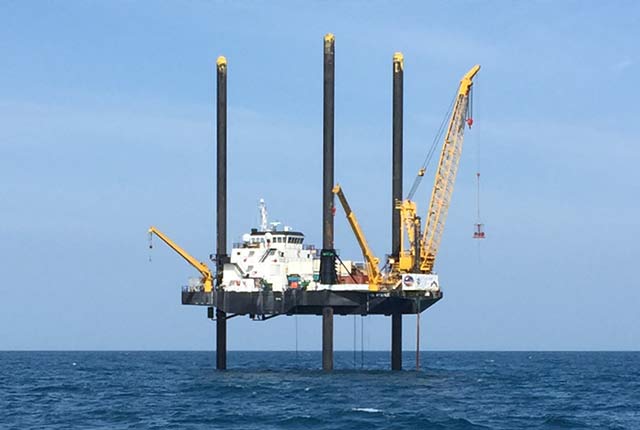
Sea floor: scientific ocean drilling
Implementing several high profile expeditions for the European Consortium for Ocean Research Drilling (ECORD).

Urban geoscience
Providing solutions for urban land-use planning and sustainable development.
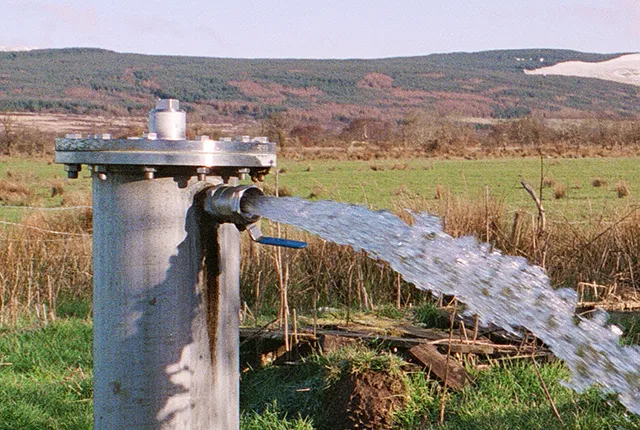
Groundwater research
Addressing issues related to the sustainability of water resources and quality, and the effects of environmental change on the water cycle, natural hazards, and human health.
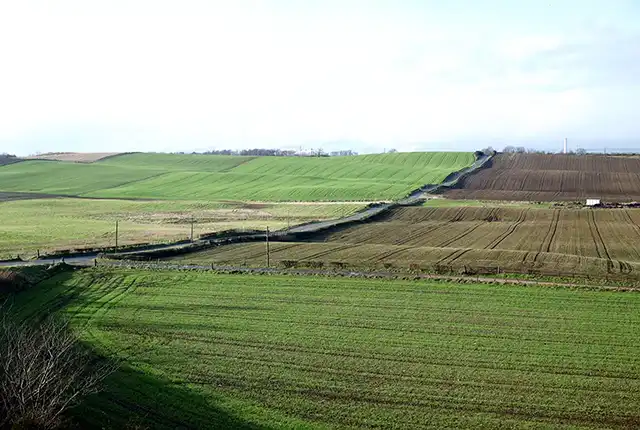
Soils and landscapes
Understanding soil structure and soil and moisture dynamics in UK and African soils and the effects of increasing human populations, changing climates and the intensification in the use of our soils.
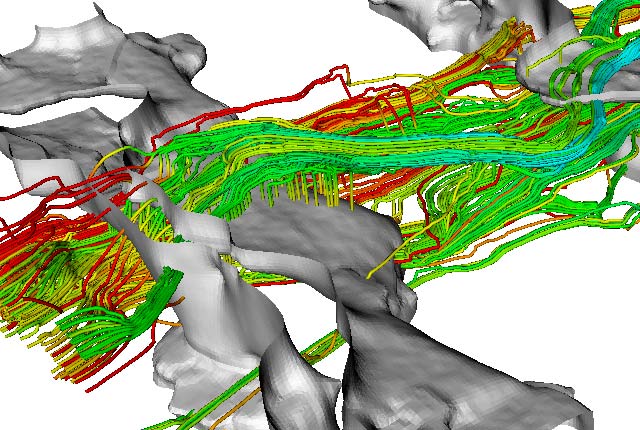
Environmental modelling
Advancing the understanding of environmental systems through innovative modelling techniques and interdisciplinary research.
Our facilities
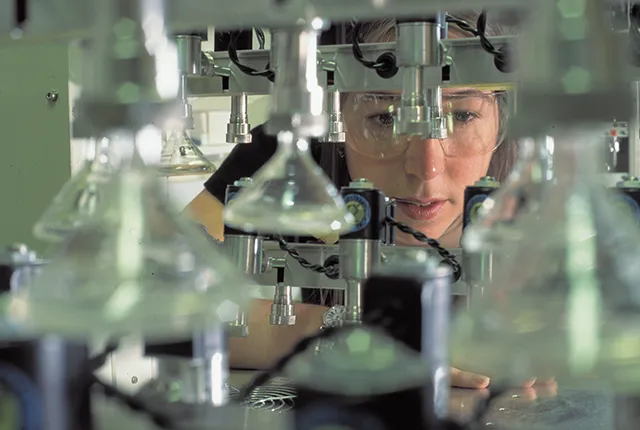
Centre for Environmental Geochemistry
Focusing on the use of geochemistry in research, training and teaching.
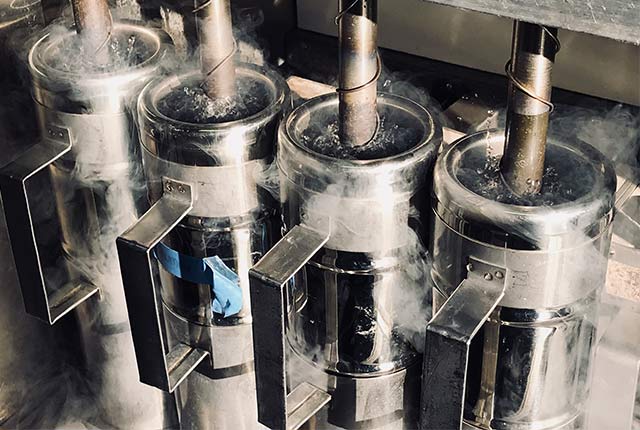
Stable Isotope Facility
Generating stable isotope data, specialising in climate, environmental and archaeological studies.
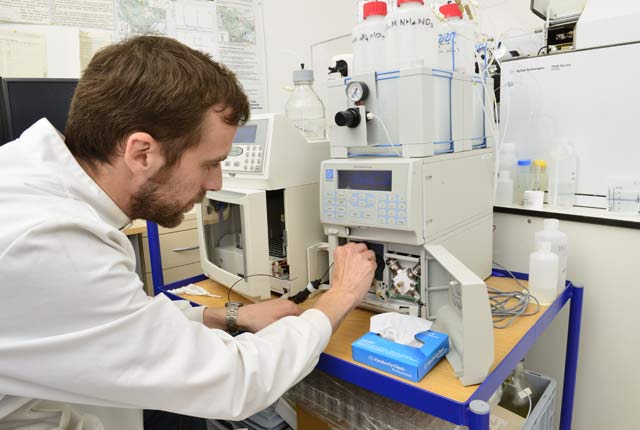
Inorganic Geochemistry Facility
Providing high-quality analytical expertise and specialist services for the production and geochemical interpretation of inorganic data.
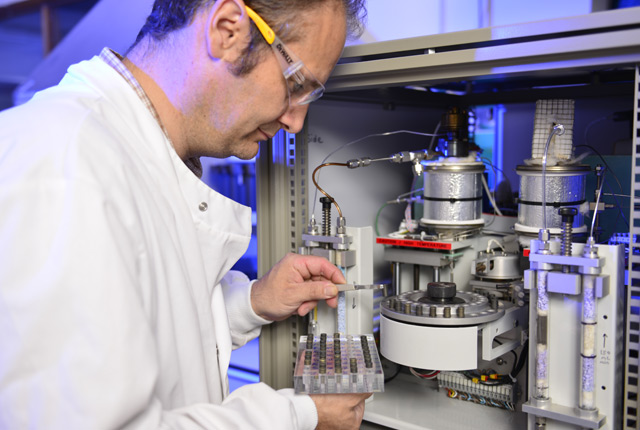
Organic Geochemistry Facility
Specialising in organic geochemical measurements at the bulk and molecular level in complex matrices, like rock, sediment, soil and water.
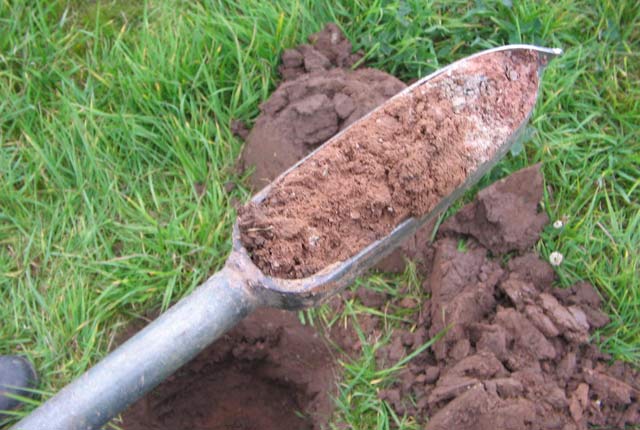
Soil Physics Facility
Providing a range of soil physical measurement services as well as complementary analyses to describe the degree to which soil organic matter is decomposed.
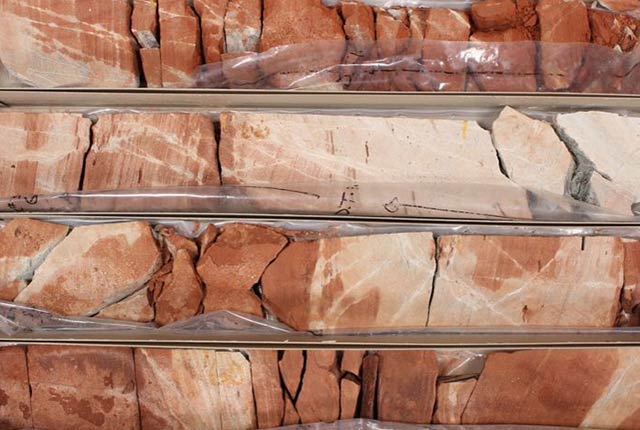
Aquifer Properties Facility
Undertaking specialised core characterisation on drillcore and rock chippings from borehole samples for a wide range of hydrogeological purposes.
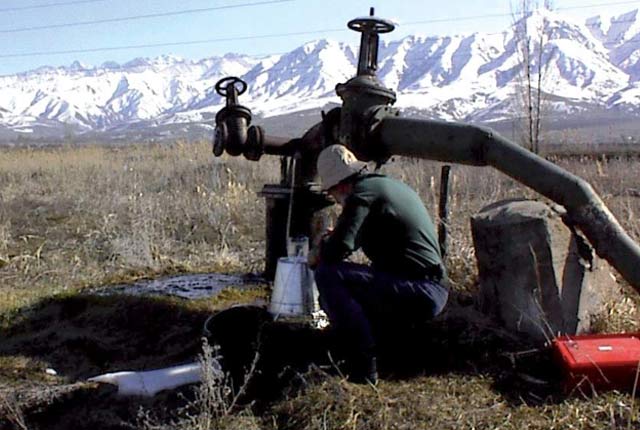
Dissolved Gases and Tracers Facility
Utilising a wide range of environmental agents, equipment and capabilities for groundwater dating and tracing.
Our core challenge areas
Need more information?
Related news
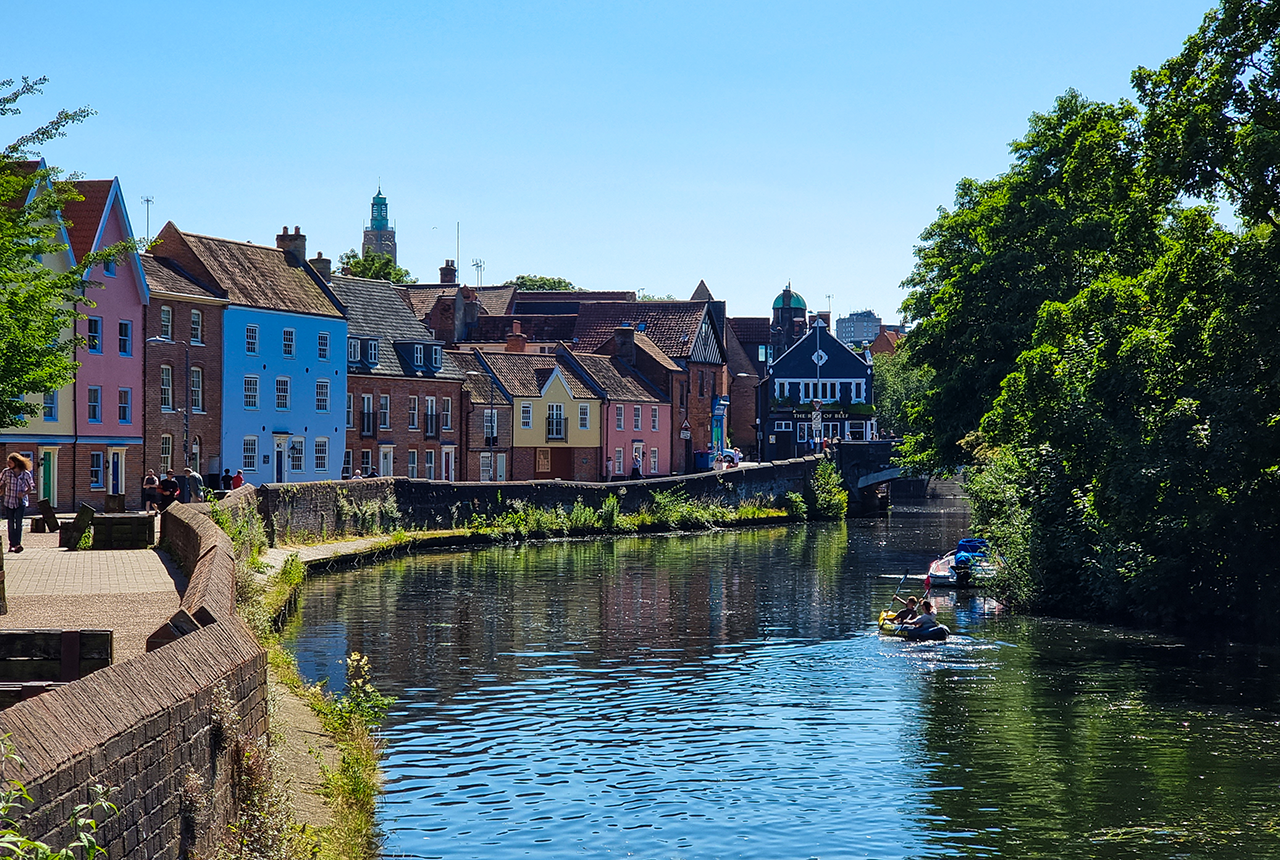
Modern pesticides found in UK rivers could pose risk to aquatic life
17/06/2025
New research shows that modern pesticides used in agriculture and veterinary medicines have been found for the first time in English rivers.

What is the impact of drought on temperate soils?
22/05/2025
A new BGS review pulls together key information on the impact of drought on temperate soils and the further research needed to fully understand it.
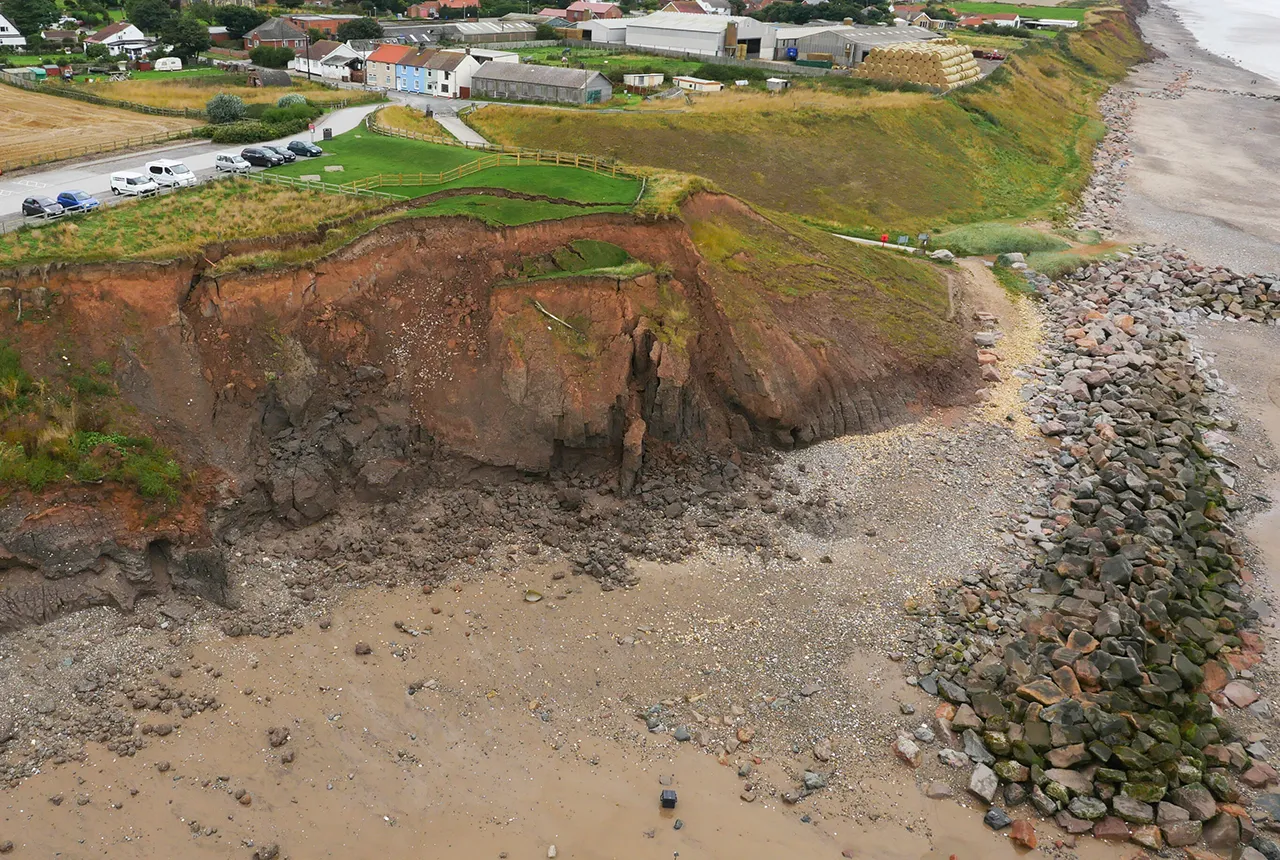
What does the next generation of coastal environmental models look like?
15/04/2025
A new tool is now available that has been designed to help coastal engineers and practitioners better manage the compound risk of coastal erosion and flooding.
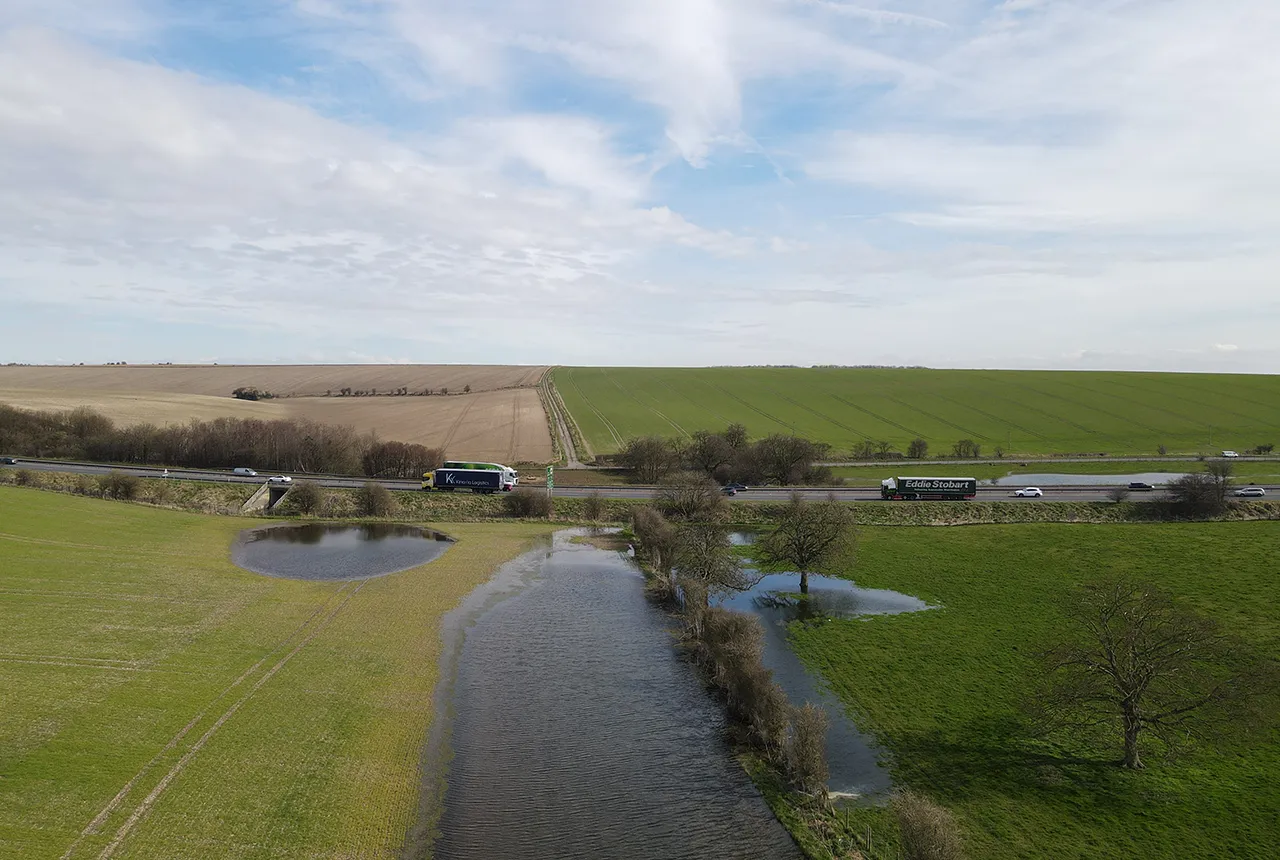
Pioneering tool expanding to analyse agricultural pollution and support water-quality interventions
06/02/2025
An online tool that shows which roads are most likely to cause river pollution is being expanded to incorporate methods to assess pollution from agricultural areas.
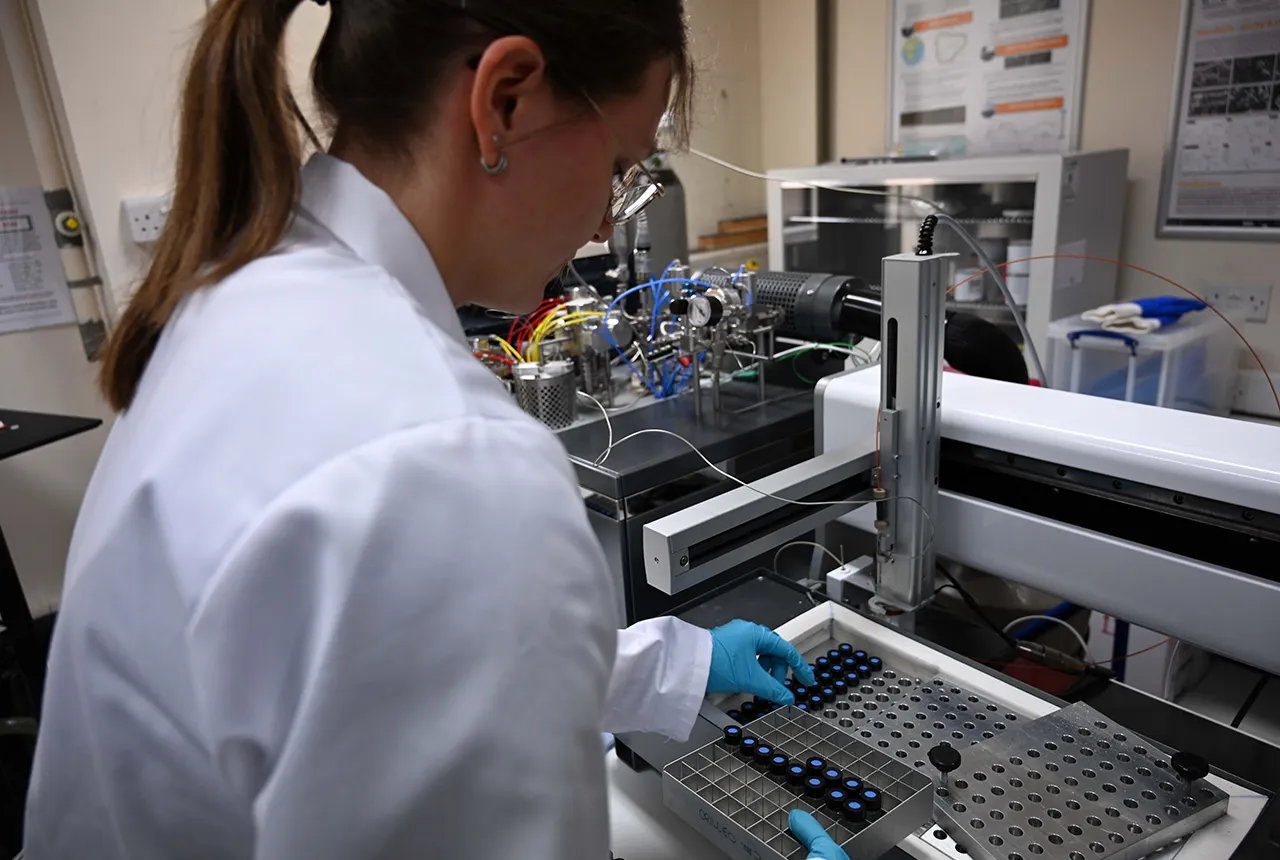
Carbon and oxygen isotope analysis of carbonates and the development of new reference materials
18/12/2024
Dr Charlotte Hipkiss and Kotryna Savickaite explore the importance of standard analysis when testing carbon and oxygen samples.
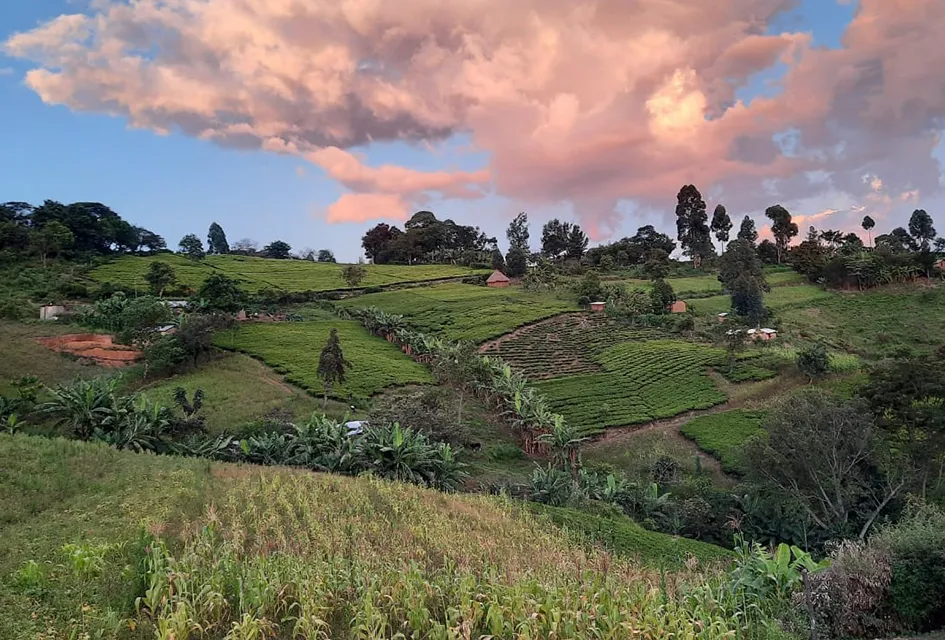
Dynamics of land-to-lake transfers in the Lake Victoria Basin
09/12/2024
In June 2024, a UK/Kenya research team shared research findings from a collaborative, four-year field and experimental programme within Kenya.
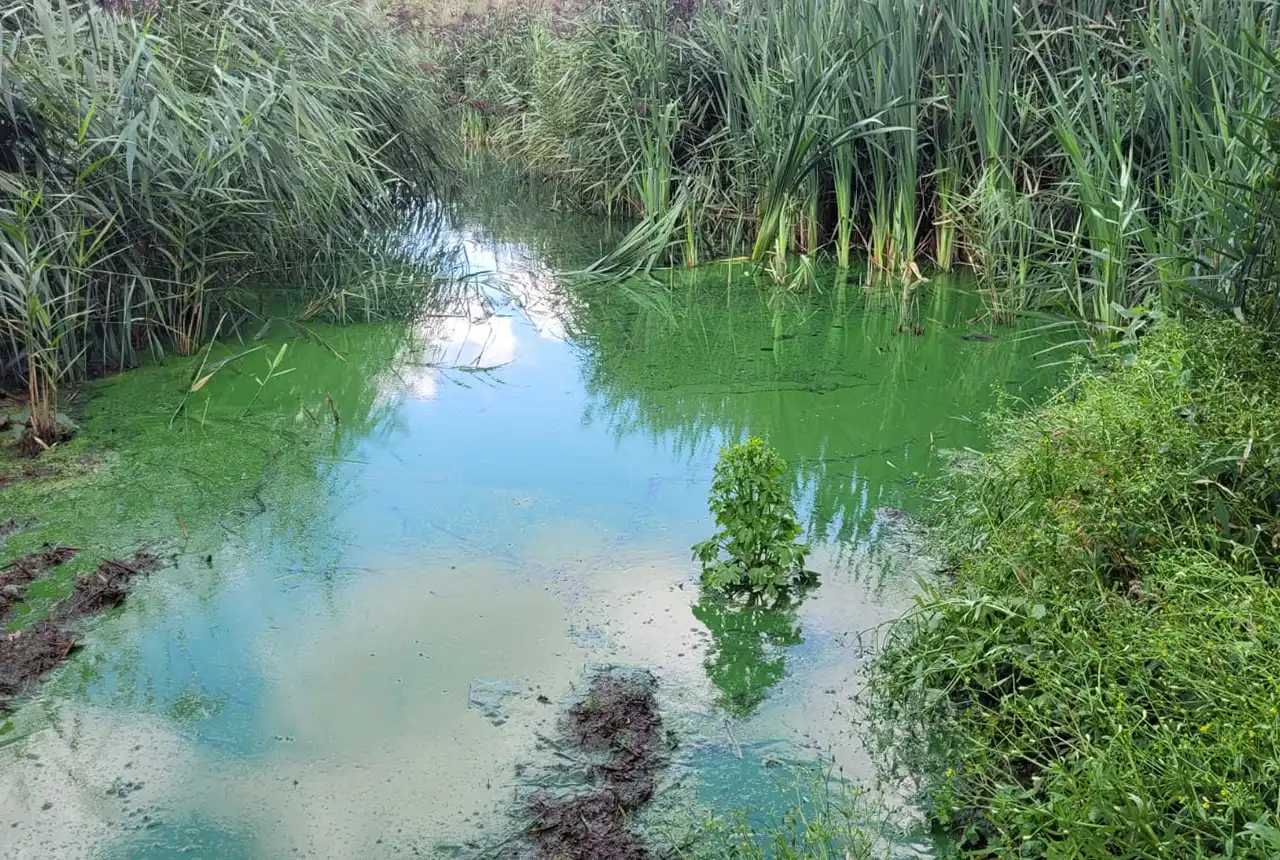
Studying oxygen isotopes in sediments from Rutland Water Nature Reserve
20/11/2024
Chris Bengt visited Rutland Water as part of a project to determine human impact and environmental change in lake sediments.

How can Scotland re-establish its building stone industry?
14/11/2024
British Geological Survey research, commissioned by Historic Environment Scotland, reveals an opportunity to re-establish the Scottish building stone market in order to maintain the country’s historic buildings.
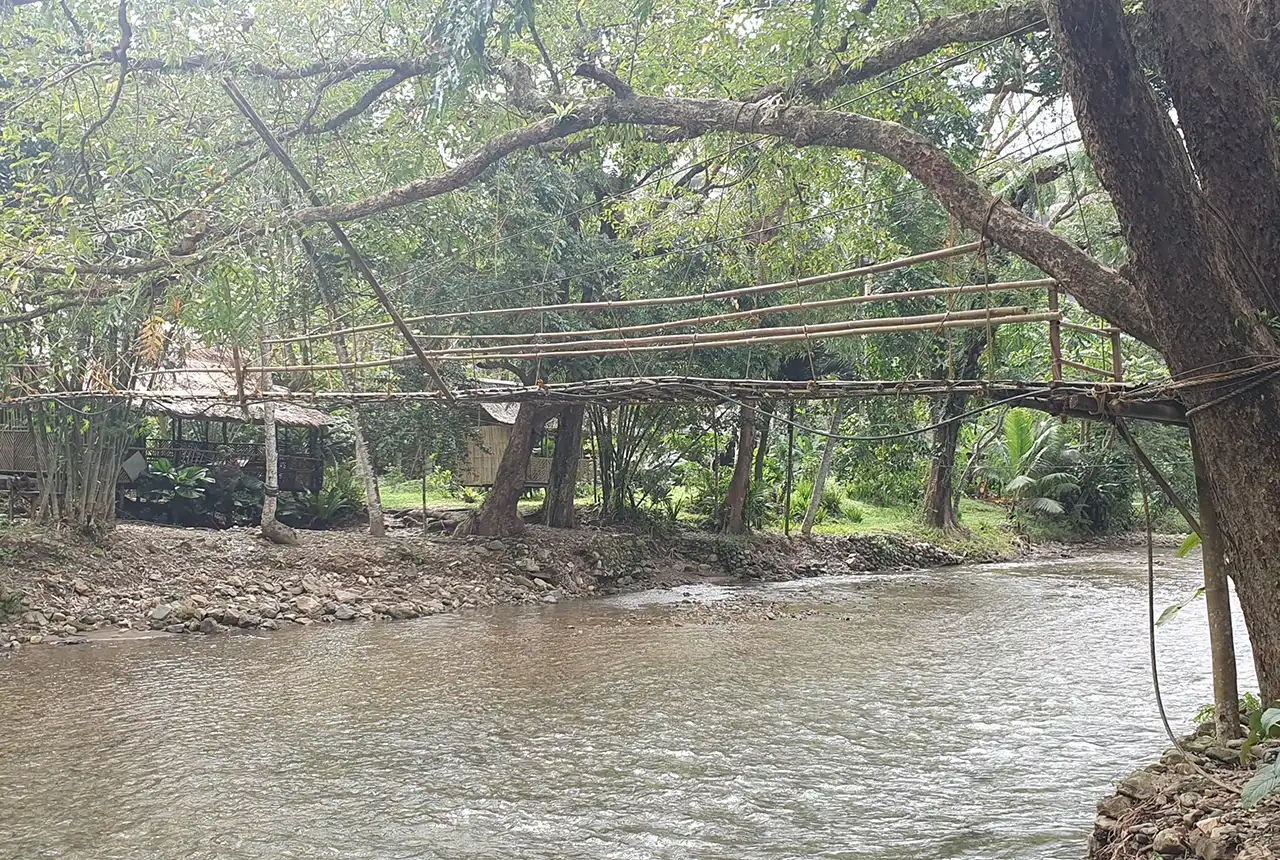
UK–Philippine partnership to help tackle the challenges of future water security in the Philippines
07/11/2024
New ‘hydrological hub’ to foster research and provide essential national water management datasets and tools.
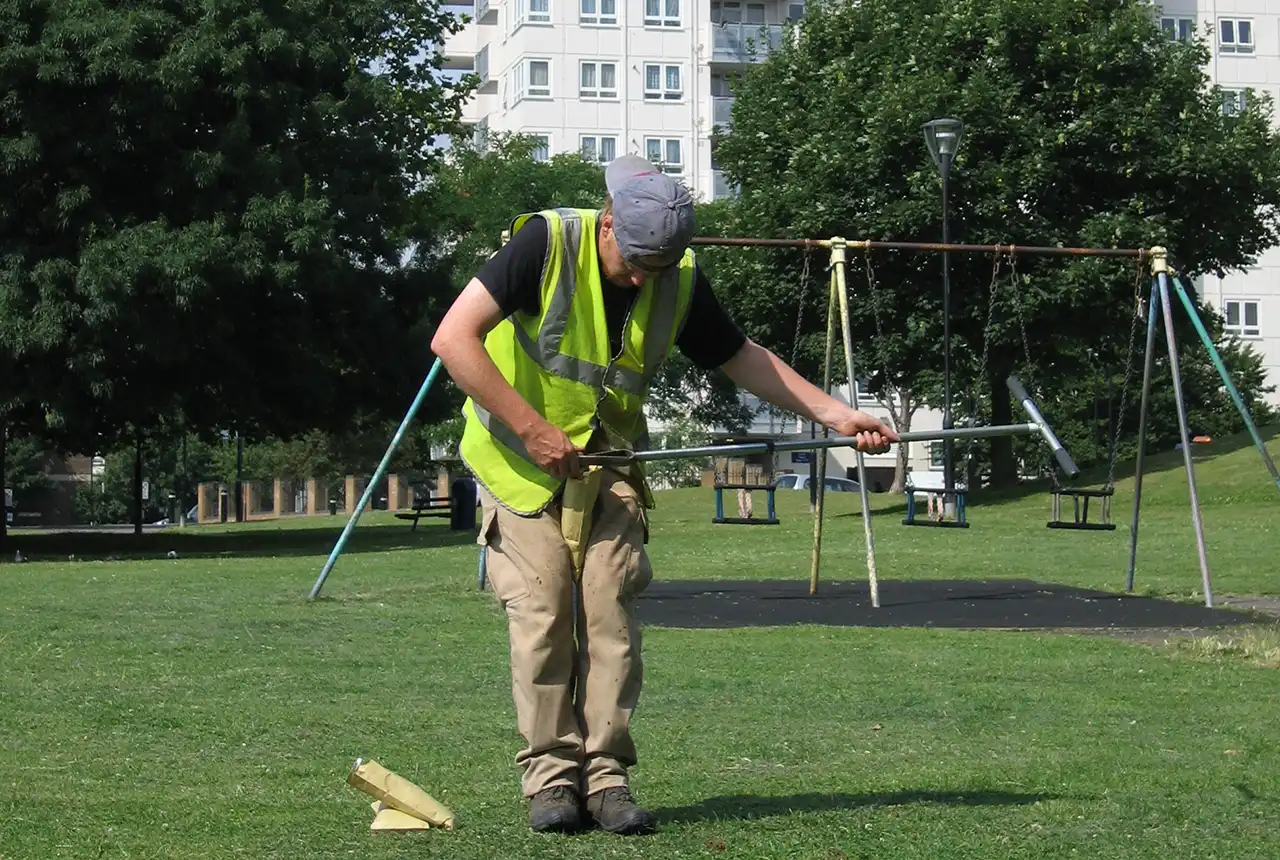
Forty years and counting: new topsoil data provides most extensive snapshot of environmental pollution effects
01/10/2024
Scientists have uncovered clear signs of the impact environmental pollution is having across the country’s soil.
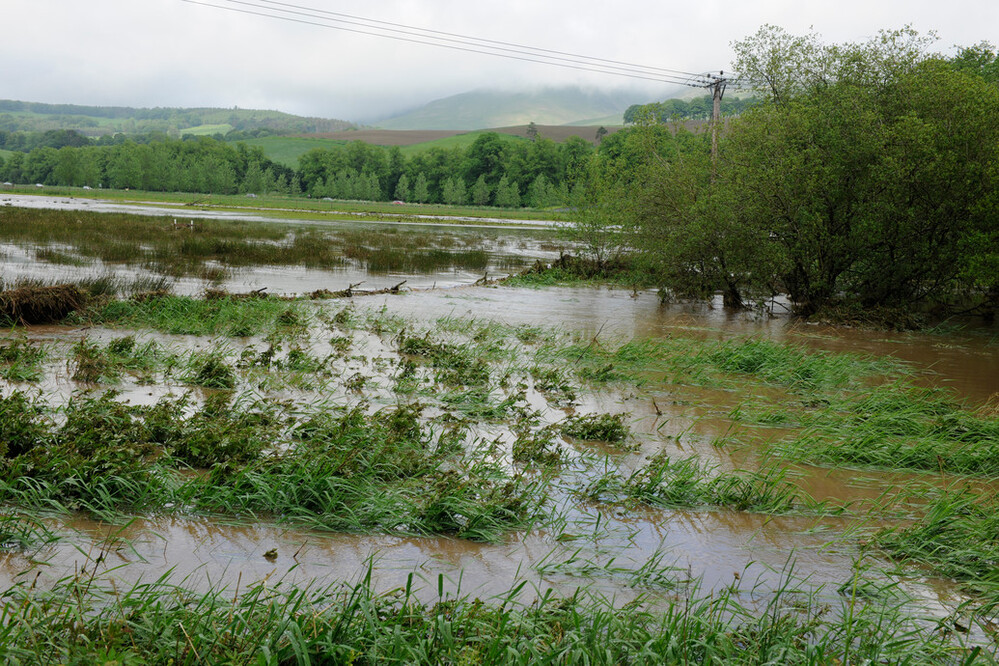
New £38 million project to reduce the impact of floods and droughts
02/09/2024
BGS will take a leading role in efforts to better predict the location and effects of extreme weather events.
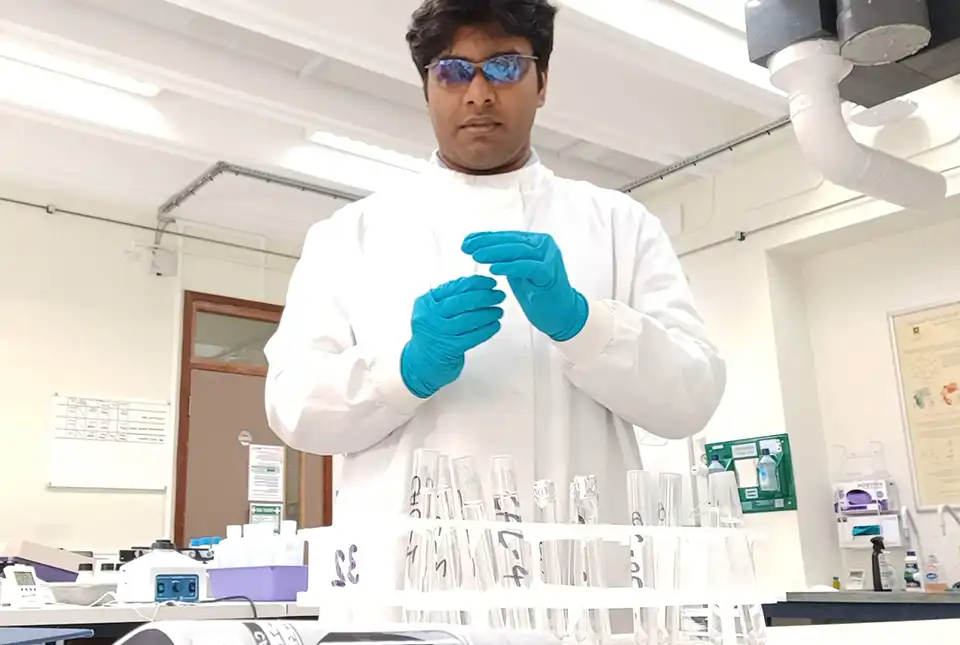
Laboratory life: my work experience week at BGS
20/08/2024
Aspiring astrophysicist Riveen Pehesara Kumanayaka shares his experience following an A-level work placement with BGS.


